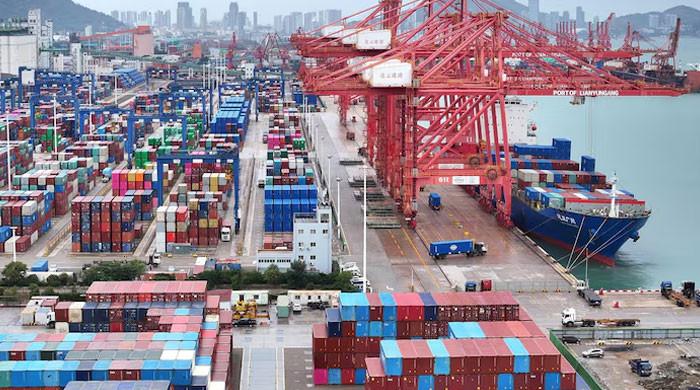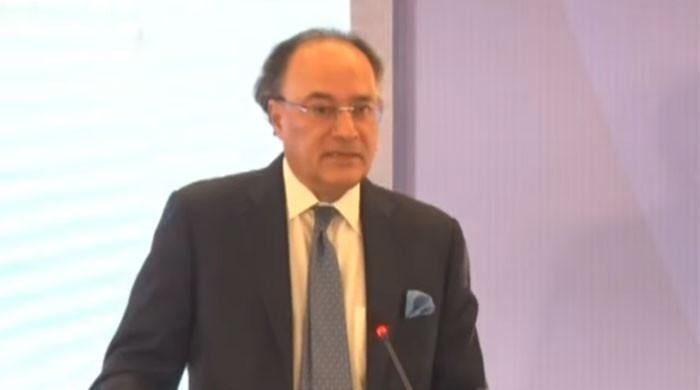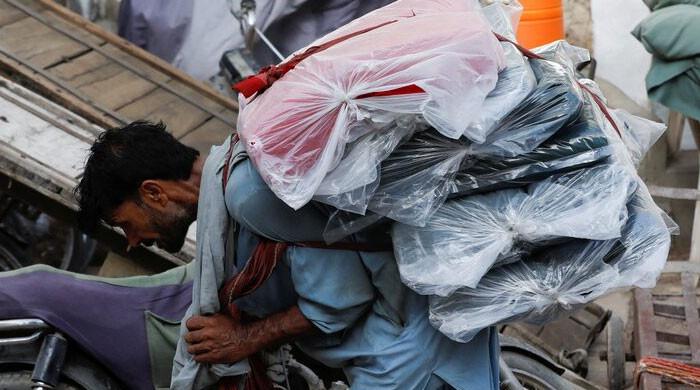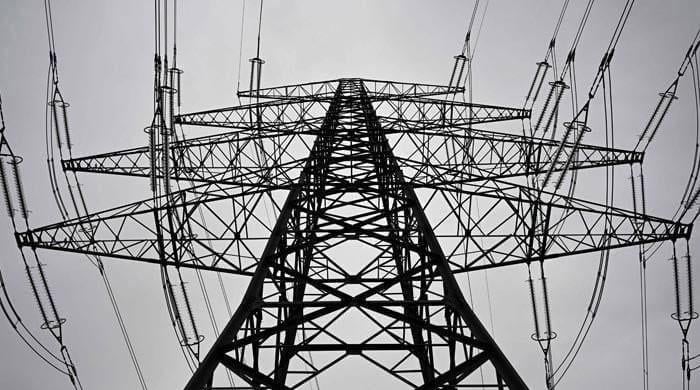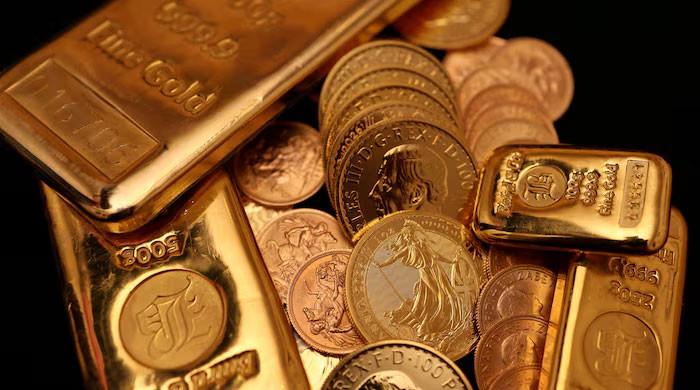Avenfield verdict: PSX remained in red before last-minute bounce
CEO of Shajar Capital Pakistan says the verdict will not have a long-term impact on the stock exchange
July 06, 2018
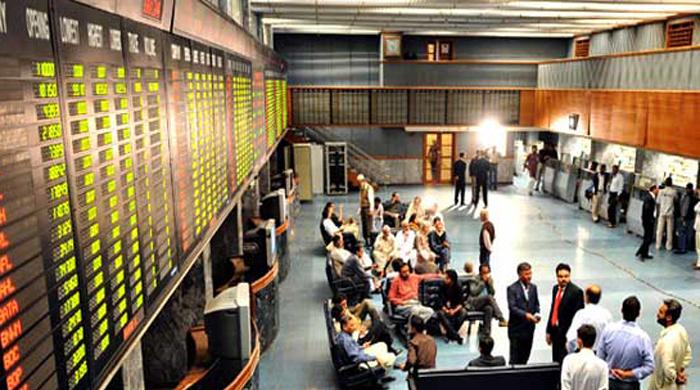
KARACHI: The Pakistan Stock Exchange on Friday saw mostly a negative streak throughout trading hours before a last-minute bounce, closing up 45 points at 40284.14, as investors awaited the Avenfield verdict.
The index remained in the red for the entire first session, followed by a brief buying spree witnesses after the Avenfield verdict was announced at around 4pm.
The verdict – that was initially due to be announced at 12:30 pm on Friday, was delayed for the third time till 3:30 pm, before being announced at 4pm.
The stock market opened at 40238.81 points on the last trading day of the week. After dropping to 40028.64 points, lowest for the day, the index recovered quickly and before noon managed to reach the highest for the day at 40435.97 points.
CEO of investment company EFG Hermes Muzammil Aslam before the verdict told Geo News that such situations are not welcomed by stock prices and trading. “Stock exchange is not fond of uncertainty,” he told Geo.tv.
“Whatever the decision would be, stocks will bounce back to their usual trading levels,” observed Aslam. He further said that there are chances of a rebound, and trading volume that has dried up might also revive. “But stocks need stability. Once the decision is given this uncertainty would end and stocks will be back to normal,” he said.
CEO of investment banking company Shajar Capital Pakistan (Private) Limited, Rehan Attiq, concurs with Aslam.
In an exclusive conversation with Geo.tv, Attiq said that the market needs stability. He said, “Whatever the final decision may be, it would have no impact on the stocks in the long run. They would eventually become stable.”
Shajar Capital's chief executive also noted that even the current instability, noticeable in the PSX, is primarily due to the fluctuating US dollar exchange rate. He said, “Currency value differential is also due to the differences in imports and exports values, and a few other technical issues but they have nothing to do with this court decision.”




